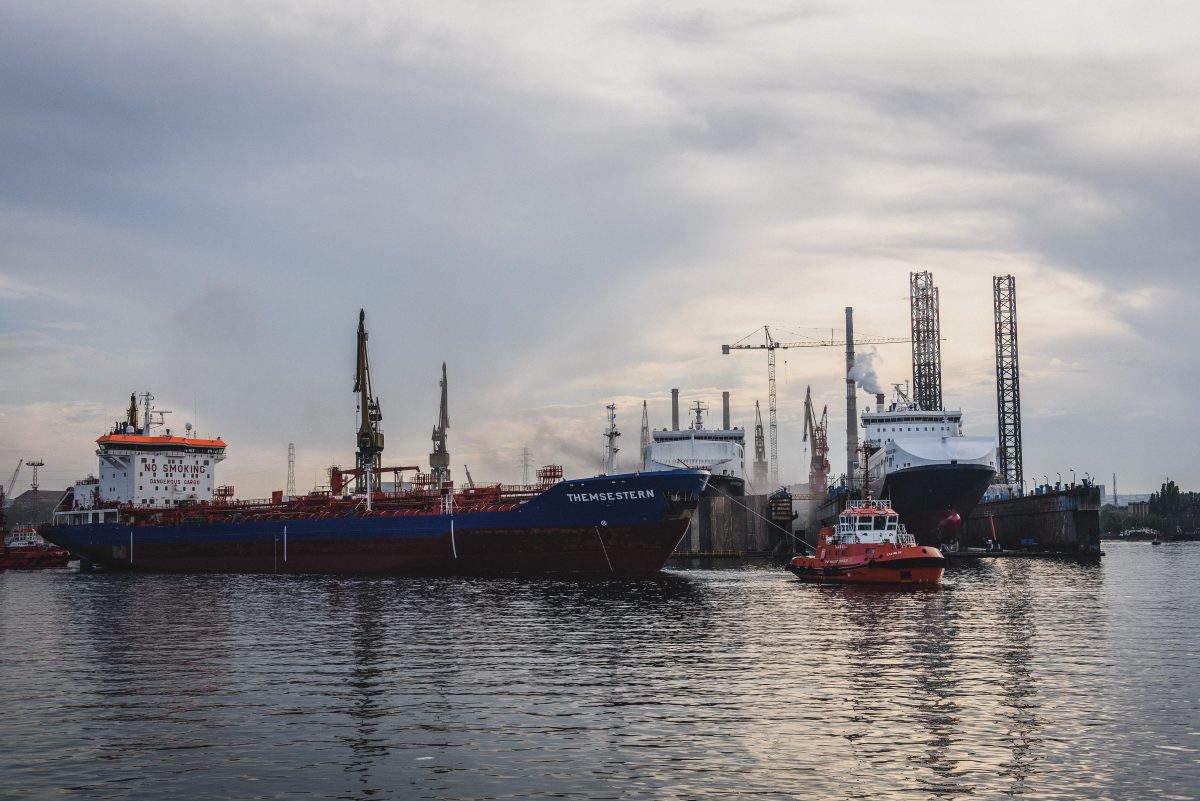The 4th Policy Lab held on 27th April 2021, organised within the framework of THE NEXT SOCIETY project and in collaboration with MED MSMEs, was a unique occasion to learn how Morocco has digitalised its foreign trade procedures through PortNet: the national single window for foreign trade.
PortNet CIO, Youssef Ahouzi, explained that PortNet is an information system serving the port community and foreign trade stakeholders, and is the result of a strategic alliance between Moroccan ports and international trade communities to implement a tool aimed at developing sectorial strategies to improve business climate, trade, port, and logistics competitiveness, through the continuous innovation of the e-gov services. PortNet’s aim is to simplify and digitalize the entire international trade chain. Here an institutional video explaining both how PortNet works and its impact on SMEs and foreign trade procedures.
A collaborative approach among stakeholders, upskilling of resources and an effective communication are among the key elements determining PortNet success: the single-window platform today has 48,000 users, 10 public administrations, 11 ports in Morocco, 20 financial institutions and covers 70% of supply chain in the country.
The other factors determining PortNet success are:
- A client centric organisation, with service customized according to the need of the user.
- Inclusive collaboration between actors of the community, a sound public private partnership.
- A resilient infrastructure, important to ensure continuity for businesses, that respects standards thus ensuring the interoperability of the platform.
- Agile solutions for all types of businesses (micro, small, medium) put in place by 60 employees, aged 30 years old on average, with computer science, engineering, or business backgrounds.
The best practice was introduced by Giovanni Zazzerini, INSME Secretary General, who focused on the nature of the project: a successful and profitable public-private partnership (PPP). These rely on clear and strong governance, through the combination of private sector technology and innovation with public sector incentives, to increase the feasibility of projects and reduce completion time and costs.
Brahim Ait Addi, Head of Trade Regulation and Facilitation Division in the Moroccan Ministry of Industry, Trade and Green & Digital Economy, described the project’s development, from organisational structure to the composition of its governance. In his opinion, such complex projects must have a complete action plan for their implementation: early-stage involvement of the private sector to increase participation and to establish milestones together, fulfilment of international requirements, protocols and standards ensures interoperability and compliance with the law and, most importantly, the involvement of people to conduct change.
Experts recognised PortNet as a best practice: Christophe Malherbe, Team leader, MED MSMEs Programme who collaborated in the organisation of this Policy Lab, highlighted the causal link between exports and innovative investments: indeed, exporting companies tend to import innovation: exporters need to comply with international standards, exploit opportunities spotted abroad, while following precise regulations, and in return bring home new practices and contribute to boost the innovation ecosystem in Morocco.
While other governments have dematerialised their procedures for foreign trade, PortNet’s excellence makes it a best practice in the Mediterranean. Alessandro Panaro, Head of Maritime & Energy, SRM – Studi e Ricerche per il Mezzogiorno, Italy (INSME Member), confirmed this, by stating that Morocco, in the first quarter of 2021, positioned 20th in the UNCTAD Liner Shipping Connectivity Index (LSCI), which measures the extent to which a country is connected to the rest of the world (it was ranked 85th in 2006).
This and other best practices can be found in this section of the INSME website.
Source: INSME Secretariat


